Parathyroid hormone (bone resorption) & Calcitonin (bone deposition)
By: HWC
Date Uploaded: 11/19/2019
Tags: homeworkclinic.com Homework Clinic HWC Parathyroid hormone bone resorption parathyroid gland osteoclasts intestinal calcium absorption calcitriol bone deposition Calcitonin
• Cellular needs for calcium may cause blood calcium concentrations to decline below the normal range. • This decrease stimulates cells in the parathyroid gland to secrete parathyroid hormone. • Binding of parathyroid hormone to osteoclasts in bone tissue promotes bone resorption and the release of calcium into the blood. • As calcium enters the blood, blood calcium concentration is restored to normal levels. Parathyroid hormone (intestinal calcium absorption, summary) • Cellular needs for calcium may cause blood calcium concentrations to decline below the normal range. • This decrease stimulates cells in the parathyroid gland to secrete parathyroid hormone. • Parathyroid hormone binds to kidney cells promoting their production of calcitriol. • Calcitriol binds with intestinal cells causing them to increase absorption of calcium. • As calcium enters the blood, blood calcium concentration is restored to normal levels. • Increased Parathyroid hormone secretion: • Promotes bone resorption • The production of calcitriol • The result of these actions is an increase in blood calcium levels. • Nutrient absorption in the small intestine may cause blood calcium concentrations to increase. • This rise stimulates parafollicular cells in the thyroid gland to secrete calcitonin. • Calcitonin interacts with osteoblasts in bone tissue and stimulates them to take up calcium from the blood and deposit it in the bone matrix. • This lowers the blood calcium concentration to normal.
Add To
You must login to add videos to your playlists.
Advertisement



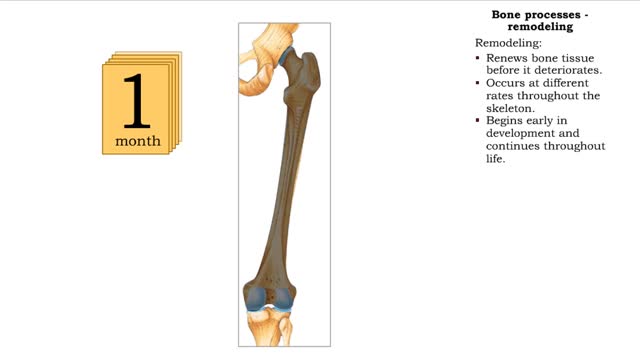
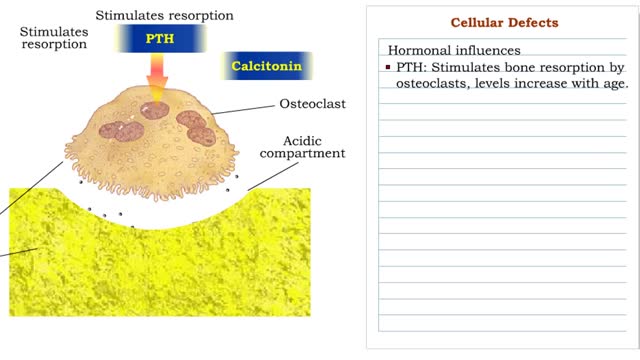
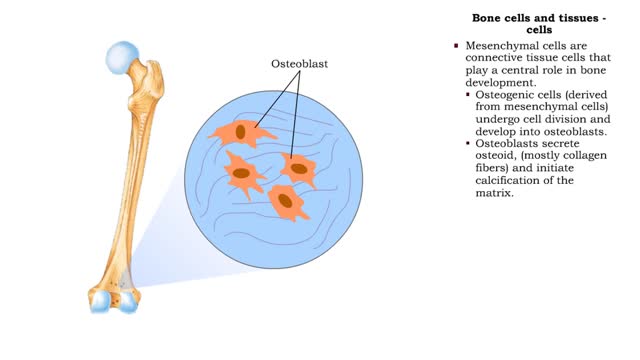
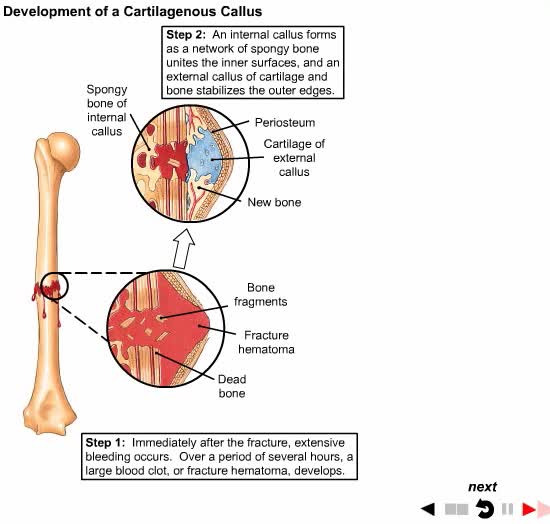
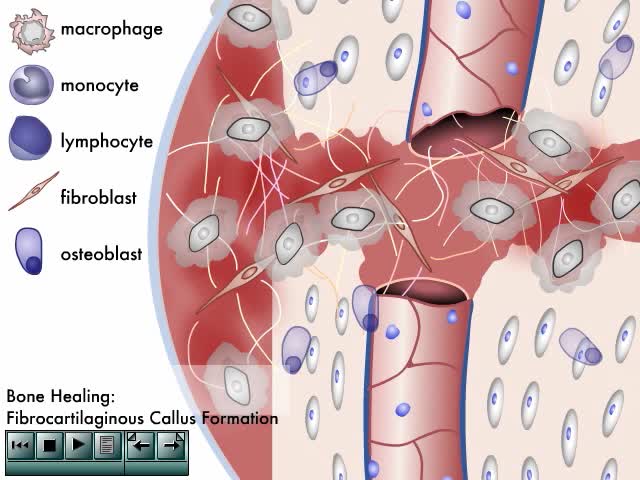
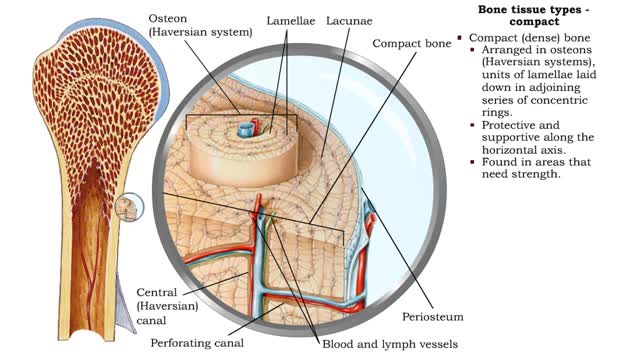
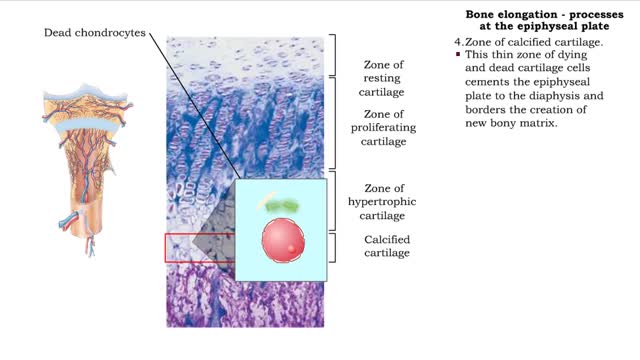
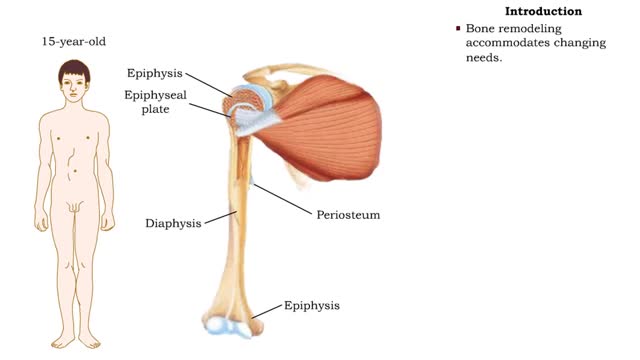

Comments
0 Comments total
Sign In to post comments.
No comments have been posted for this video yet.